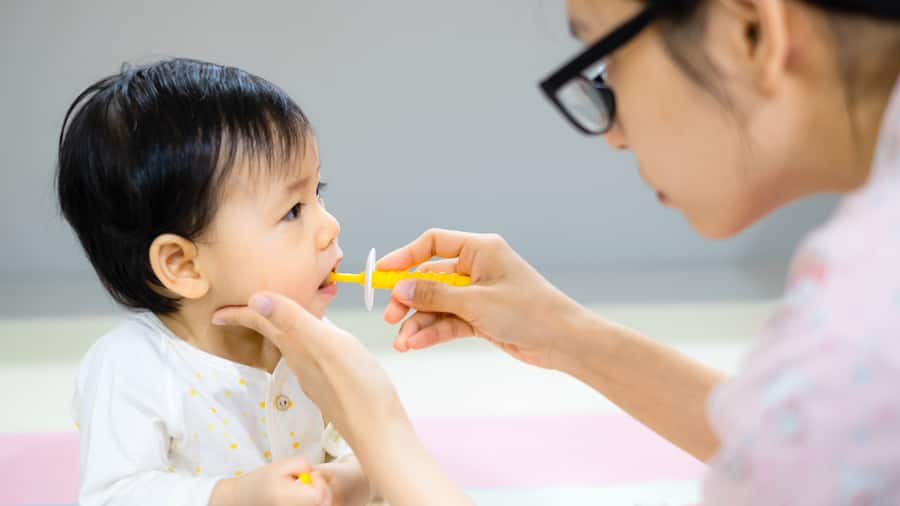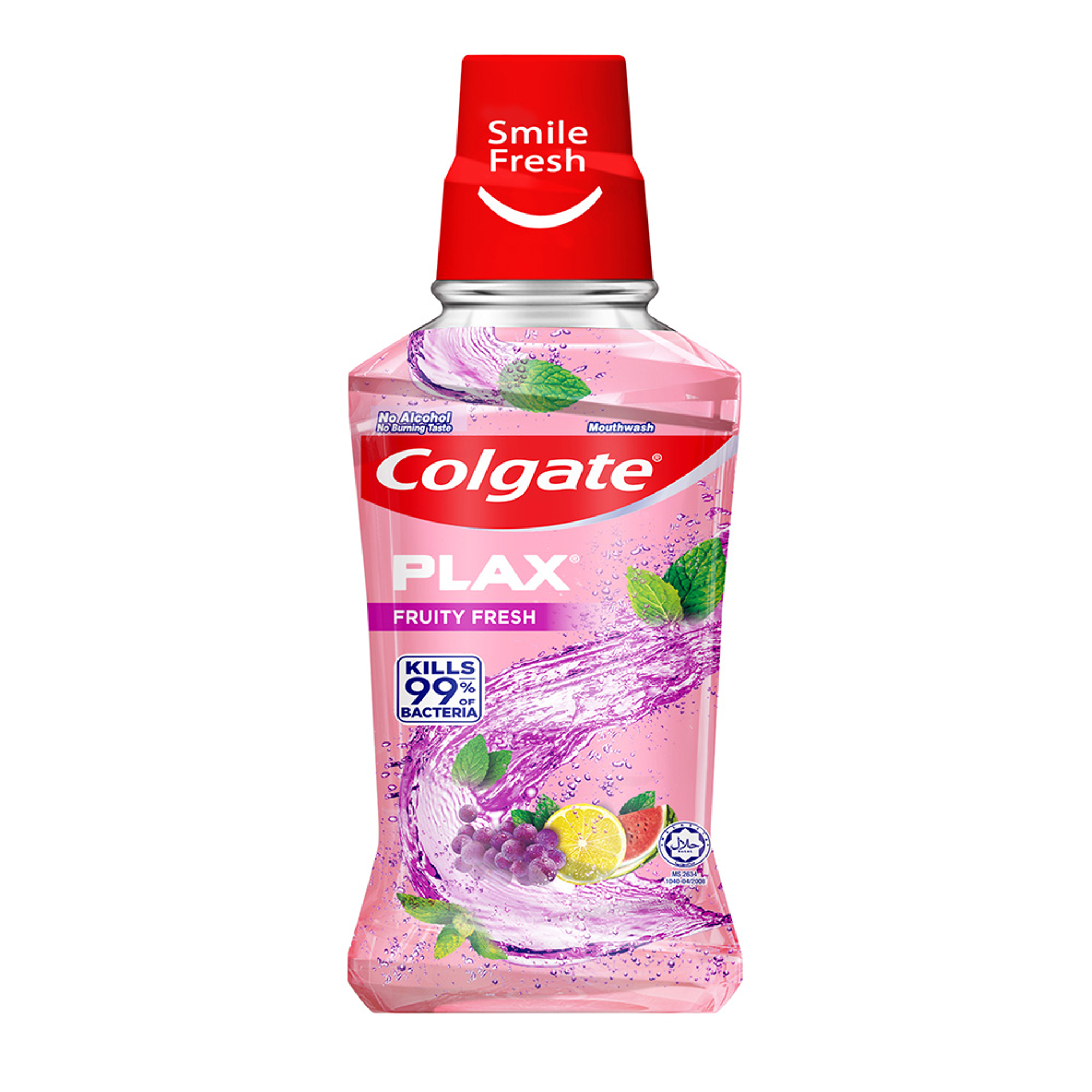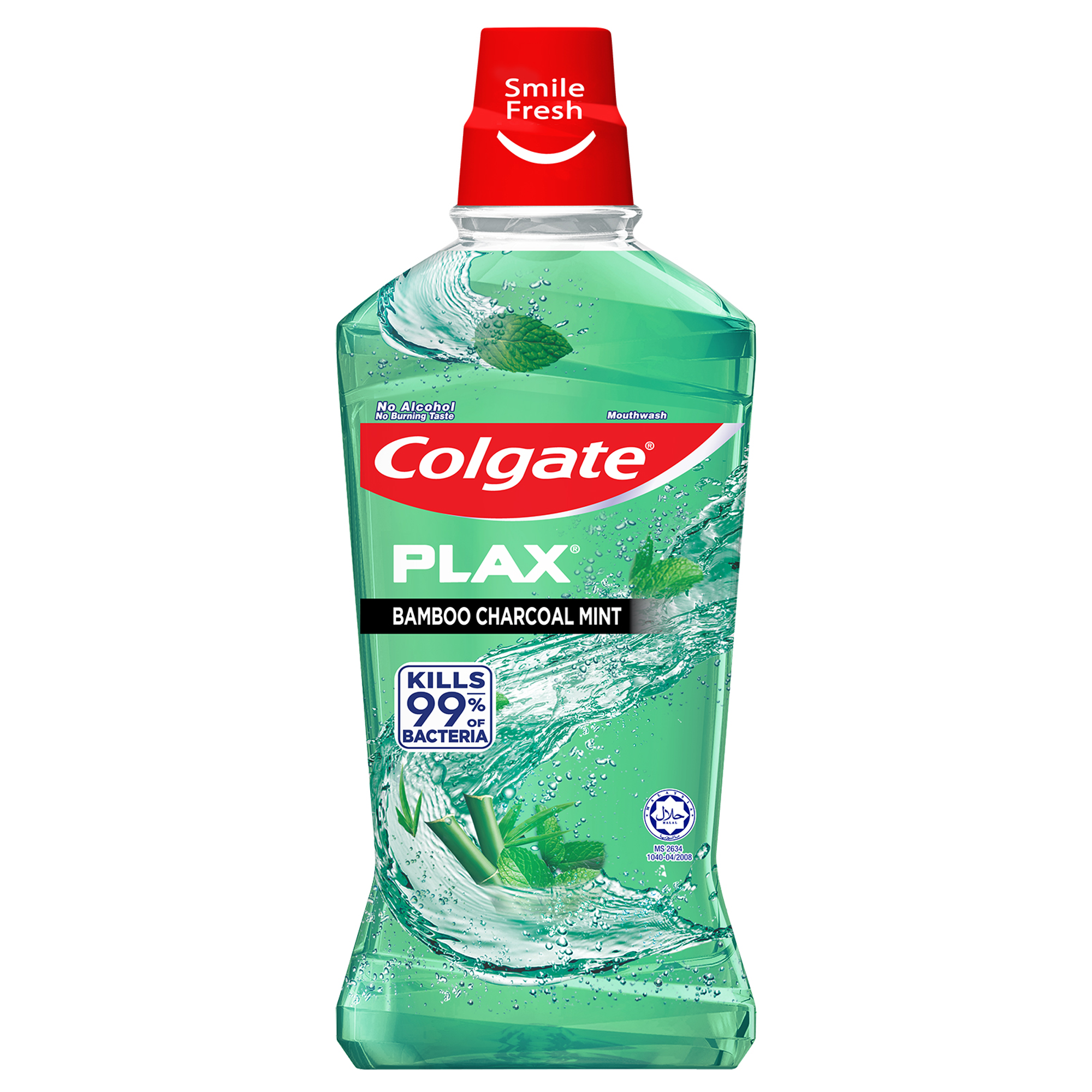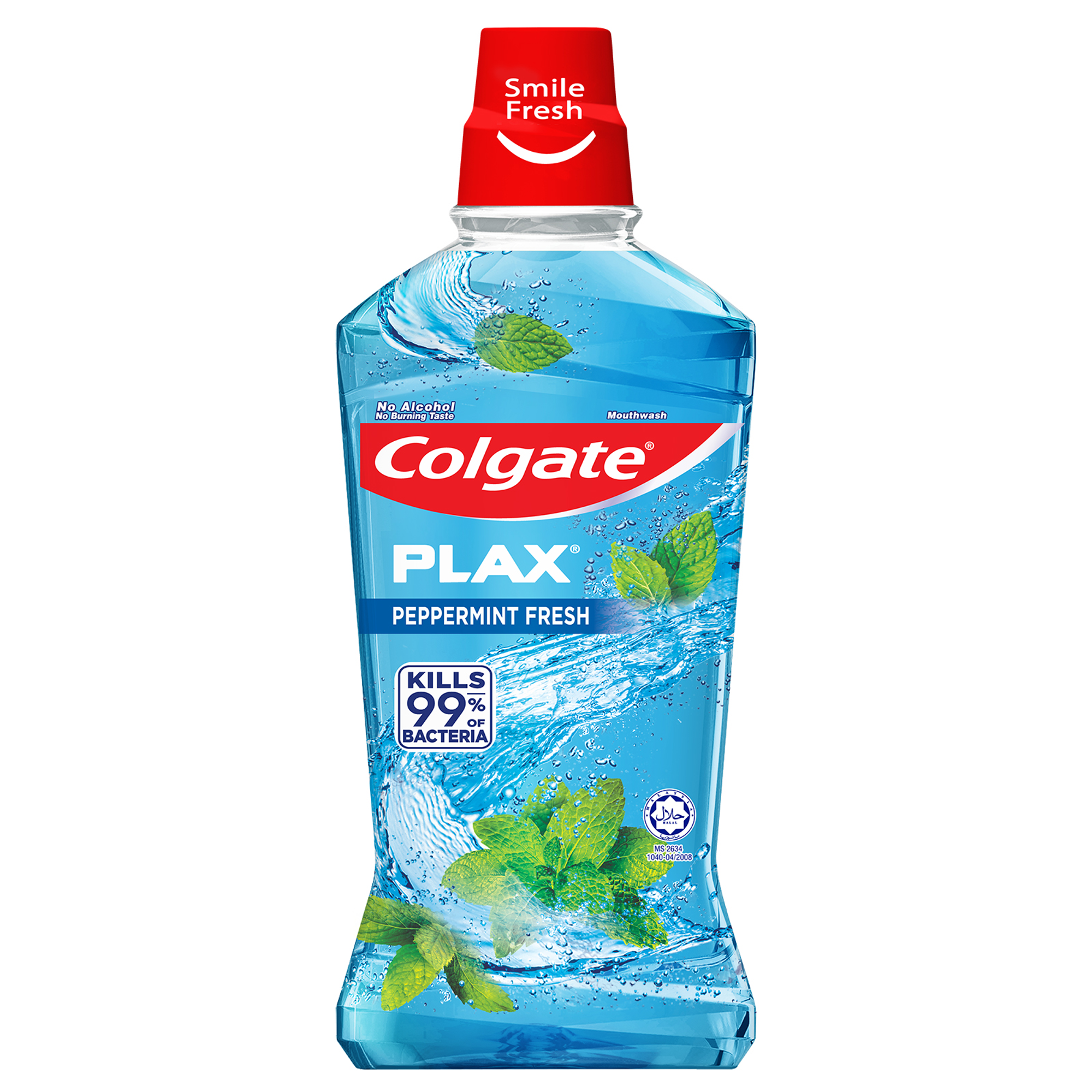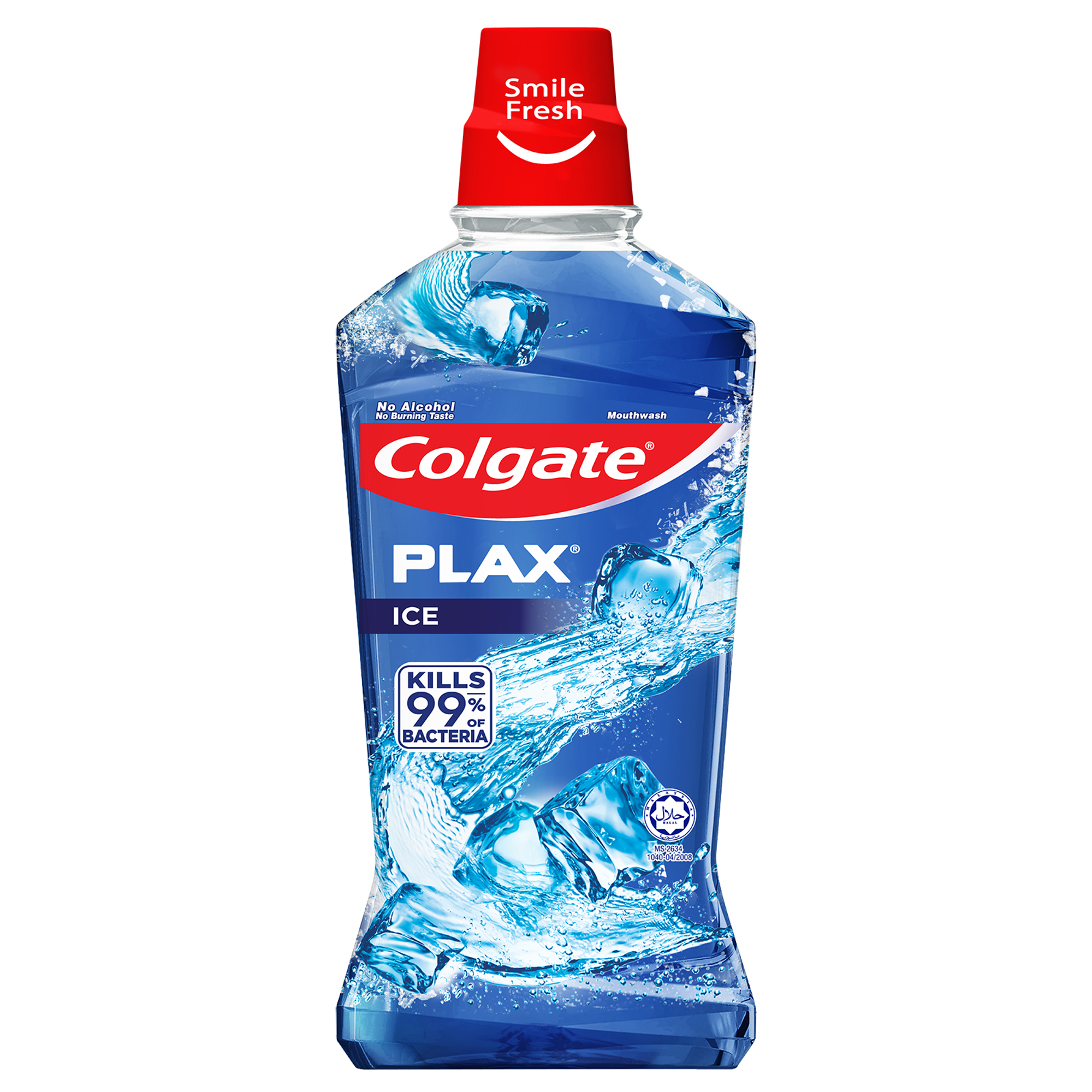- Oral Health and Dental Care | Colgate®
- Oral Health
- Oral Care for Babies & Kids With Canker Sores (Mouth Ulcer)


If your child suffers from painful canker sores, don't neglect his routine oral care. Keeping your child's mouth clean will prevent more sores from appearing and will reduce the healing time. Be gentle and patient, and reaffirm for your child that a clean mouth equals a healthy mouth.
Brushing Your Child's Teeth
Although your child might refuse to brush his teeth when he has sores, it is imperative to continue all oral care without interruption. To make the task easier for you and less painful for the child, use the softest baby toothbrush that you can find. The extra flexible bristles will not irritate your child's sensitive gums as much as a stiff toothbrush. Avoid brushing over the canker sore. Also, be sure to choose a child-safe toothpaste.
Using Mouthwash and Flossing
After brushing, floss as many of the child's teeth as possible. Temporarily skip areas next to sores. Then follow up with mouthwash if the child is old enough to swish and spit. Choose an alcohol-free, antimicrobial mouthwash for children ages 2 and older; the rinse will not sting or irritate the canker sores. Finish your routine by applying a child-safe oral numbing gel on each sore to soothe the pain. Use the tip of a soft cotton swab to apply the medication.
Canker Sore Diet Tips
Between brushings, offer your child a soft, bland diet. Avoid foods with heavy seasoning or spicy sauces. The American Dental Association recommends choosing healthy foods rich in protein, zinc and vitamins A and C to speed up the healing process. Offer your child scrambled eggs, oatmeal, creamy soup, Greek yogurt, tofu, macaroni and cheese, steamed vegetables, applesauce, pancakes or protein shakes. Make sure your child continues to drink fluids, too. Icy cold water, milk or diluted grape juice are least likely to irritate the sores.
Although canker sores are painful, they are not an excuse to give up on daily oral care. Work slowly, use alcohol-free dental products and offer a diet of bland, soft foods until your child's mouth fully heals.

Helping dental professionals
More professionals across the world trust Colgate. Find resources, products, and information to give your patients a healthier future







